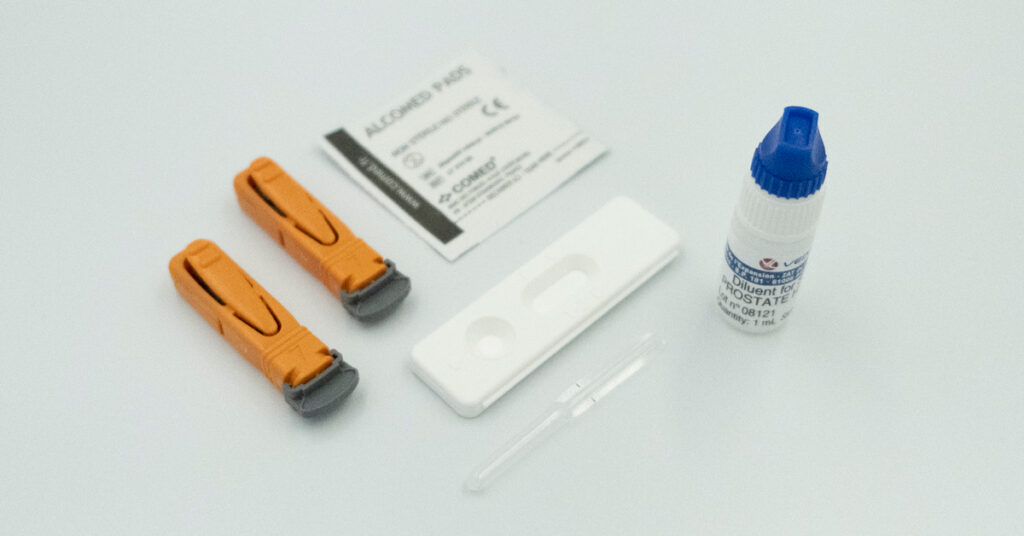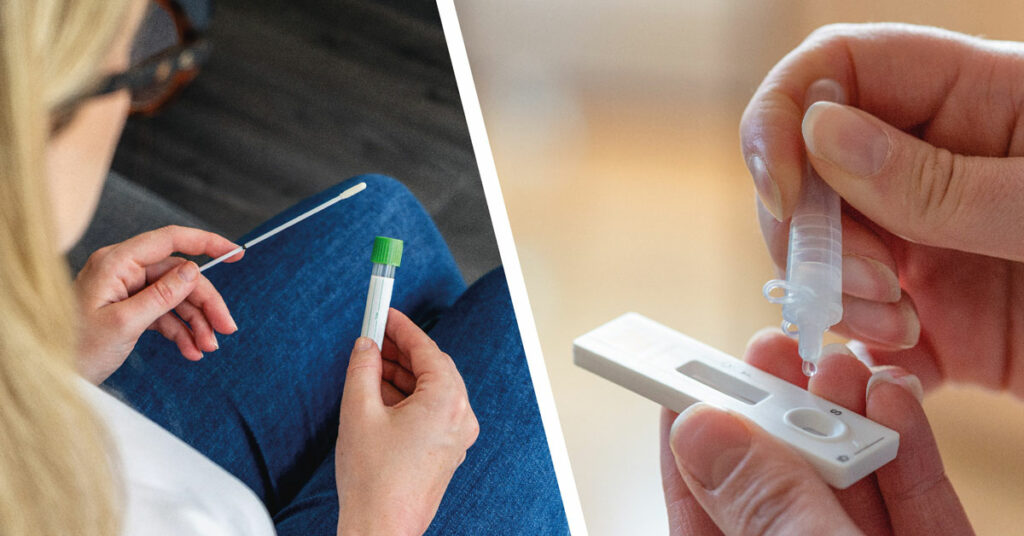Did you know: More than 4.9 million people in the UK have diabetes?
Diabetes is a growing concern; Diabetes UK predicts that if nothing changes, then by 2030, around 5.5 million people in the UK will have diabetes.
What is Diabetes?
The NHS states that diabetes is “a lifelong condition that causes a person’s blood sugar to become too high.”
Blood sugar is also known as glucose, and it is the main form of sugar found in your blood; it is your body’s primary source of energy. If your body has levels of glucose that are too high, it can cause serious health problems.
Your blood sugar levels are regulated by insulin. Insulin is a hormone created by your pancreas that helps store glucose in your fat, liver and muscles. It also regulates your body’s metabolism.
When you eat, your blood sugar levels rise, leading your pancreas to release insulin to store as energy for later use. If this doesn’t happen correctly, your blood sugar levels can drop too low or rise dangerously high.
What are Type 1 and Type 2 diabetes?
There are two main types of diabetes:
Type 1 diabetes – where the body’s immune system attacks and destroys the cells that produce insulin.
Type 2 diabetes – where the body does not produce enough insulin, or the body’s cells do not react to insulin.
Around 90% of people with diabetes have type 2 diabetes, and 8% have type 1 diabetes. About 2% of people with diabetes have rarer types of diabetes.
What are the symptoms of diabetes?
The NHS lists the main symptoms of diabetes as:
- feeling very thirsty
- weeing more frequently than usual, particularly at night
- feeling very tired
- weight loss and loss of muscle bulk
- itching around the penis or vagina, or frequent episodes of thrush
- cuts or wounds that heal slowly
- blurred vision
Many people can have type 2 diabetes for years without realising it, as the early symptoms tend to be so general. It is believed that around 850,000 people are currently living with type 2 diabetes but are yet to be diagnosed.
Can you do an at home test for diabetes?
Doing an at home test for diabetes is recommended for everyone, but especially for adults aged 40 and over and those suffering from raised cholesterol.
Raised blood glucose levels can lead to diabetes. Undiagnosed and poorly managed diabetes can lead to other conditions, including significant problems with amputations, blood vessels, circulation, eyesight and kidneys.
The amount of glucose in your blood is known as the serum glucose level, and in the UK, it is expressed in millimoles per litre (mmol/l). Blood glucose levels tend to stay within narrow limits during the day but can be lower in the morning and raised after meals.
The Test2Go blood glucose test is easy to use, requiring only a finger-prick blood sample to produce a visually easy to interpret result within minutes.
The benefit of carrying out a blood glucose test at home is that it ensures confidentiality and privacy and indicates whether you need to book a visit to your doctor for further investigation and advice.
If the test indicates my blood glucose levels are outside the normal range, what should I do?
You should contact your doctor. Medical decisions regarding your health must only be made following professional advice1
Buy an At-Home Blood Glucose Test
Further reading:
- NHS – Diabetes
- Diabetes UK – Diabetes: The Basics
- World Health Organisation – Diabetes
- Diabetes.co.uk – Causes of Diabetes
- British Heart Foundation – Diabetes: Causes, symptoms and treatment











